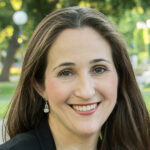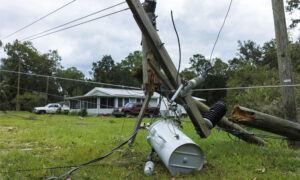While national news media is fixated on the 2024 Presidential Election, the race to replace the late U.S. Sen. Dianne Fienstein may be one of the most exciting elections in recent California history. With Feinstein’s name not on the ballot for the first time in three decades, the election for the Senate seat has become highly competitive.
“The very fact that we don’t have an incumbent senator means that we have a real race,” said Mindy Romero, director of the Center for Inclusive Democracy at the USC Sol Price School of Public Policy. “There’s a chance for somebody to emerge who, at least in theory, will maybe better represent Californians today, as opposed to somebody who was first elected 30 years ago. It also means that with competition, there will be more interest from the voters.”
The race kicked into high gear this week when four major candidates – Democratic U.S. Reps. Adam Schiff, Katie Porter and Barbara Lee, as well as Republican businessman and former L.A. Dodger Steve Garvey – squared off in a debate hosted by the USC Dornsife Center for the Political Future. To explain what’s at stake in the upcoming election, we turned to USC Price School experts on policy, polling and elections.
The Big Issues
Policy challenges in California and across the nation are likely to be on the minds of voters.
Christian Grose, professor of Political Science and International Relations and Public Policy, is polling voters about the Senate contest. While the survey is not yet complete, Grose expects two problems that have long plagued the Golden State – affordable housing and homelessness – to be important issues to many voters.
But housing-related priorities can differ by voting group. A homeowner, for example, may care more about reducing property taxes, while renters may be worried about rising monthly rents. Those are both large groups within the electorate, said Grose, who holds a dual appointment at the USC Price School and Dornsife College of Letters, Arts and Sciences.
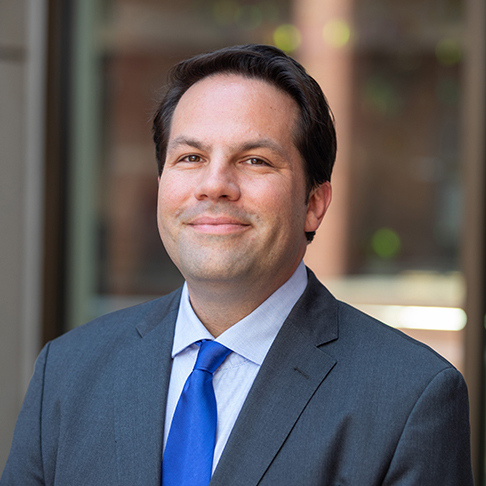
“If you’re a Democratic candidate for Senate, it’s like everyone cares about housing, but how they interpret that is going to differ quite a bit by income and renter or homeowner status,” Grose said.
Abortion access has proved to be a huge motivator for voters since the U.S. Supreme Court overturned Roe v. Wade. Although California protects women’s right to abortion, control of the U.S. Senate could be crucial in establishing federal abortion law, said USC Price School Professor Dora Kingsley Vertenten.
“As we get closer to November, the focus is going to be: what will the Senate and the House look like?” she said. “It’s not a question of where they stand on abortion, as much as it’s going to be an intensity about where they stand on that issue. How intense do they feel about it? How hard are they going to work? That will be a consideration.”
The Primary Race for First (And Second) Place
Making the Senate race even more interesting is California’s unusual primary election system. Voters can choose any candidate, regardless of party, and the top-two vote getters in March advance to the November general election. That means two Democrats could face off in the fall.
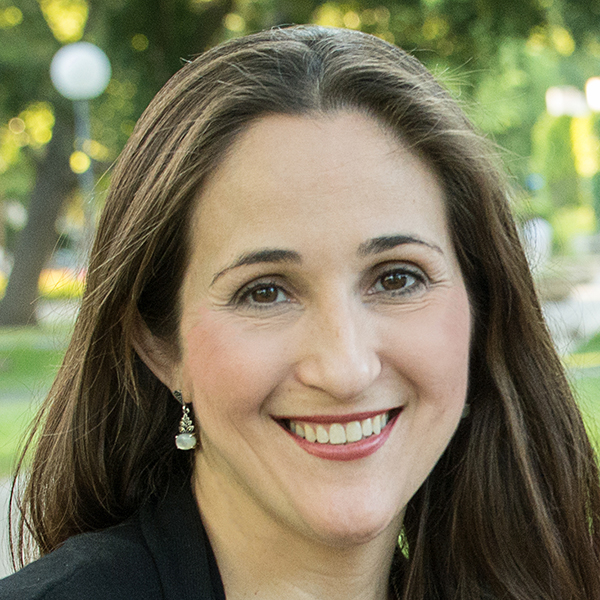
Primary elections are typically low turnout affairs that include voters who may not represent the interests of the larger electorate that votes in November, especially in a presidential election year, Romero noted. That can create a mismatch between the candidates that most excite primary voters and the ones preferred by a general electorate.
“One of the concerns of low turnout in primaries is that the people who vote are very unrepresentative of the overall electorate, and they are setting the ballot for the general election,” Romero said. (Romero’s Center for Inclusive Democracy will host an event on Jan. 29th on why equitable voter turnout matters in the 2024 elections and beyond; register here).
Fresh Faces in the Senate
For decades, California had two fixtures in the Senate: Feinstein and former U.S. Sen. Barbara Boxer, who both made history in 1992 by being elected to the U.S. Senate in what was called “The Year of the Woman.”
With U.S. Sen. Alex Padilla – who also made history as the first Latino to be elected to represent California in the U.S. Senate – taking office in 2021 and a new senator coming in 2025, there will be fresh faces representing the Golden State in Congress.

Master of Public Administration Online
Advance Vital Institutions
Advance your career and the institutions you serve with our exceptional MPA online.
Find Out MoreThe changes mean California may no longer have senior leaders on the most important committees, and the new lawmakers could face more difficulty securing federal funding, USC experts said. But the new senators will hardly be irrelevant because they represent populous California.
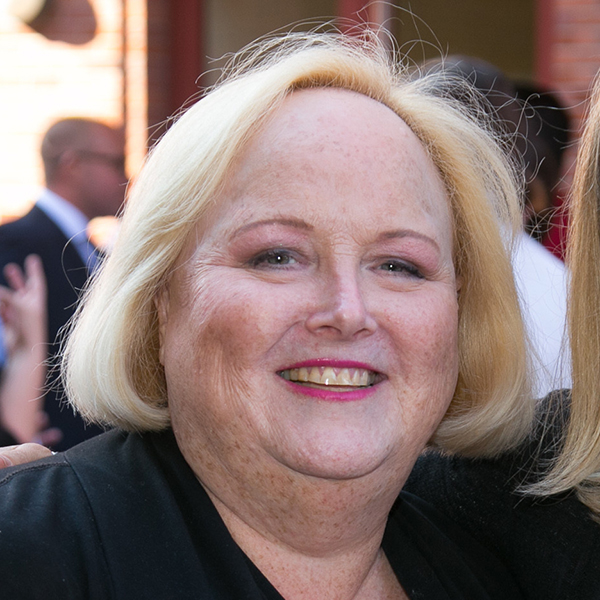
“California is never going to lose stature by virtue of our size,” Kingsley Vertenten said. “The senators will have large staffs and lots of clout because California has always been the fundraising machine for the Democratic Party. That’s not going to change, and those senators are going to be the gateway to that money.”
In fact, representing California will likely make the winner of the election a political star.
“Whoever wins is automatically going to be somebody considered as a possible presidential candidate in the future. California is always going to be on the leading edge of things,” Grose said. “Yes, there are 100 senators, but this one’s going to carry a bit more weight.”


